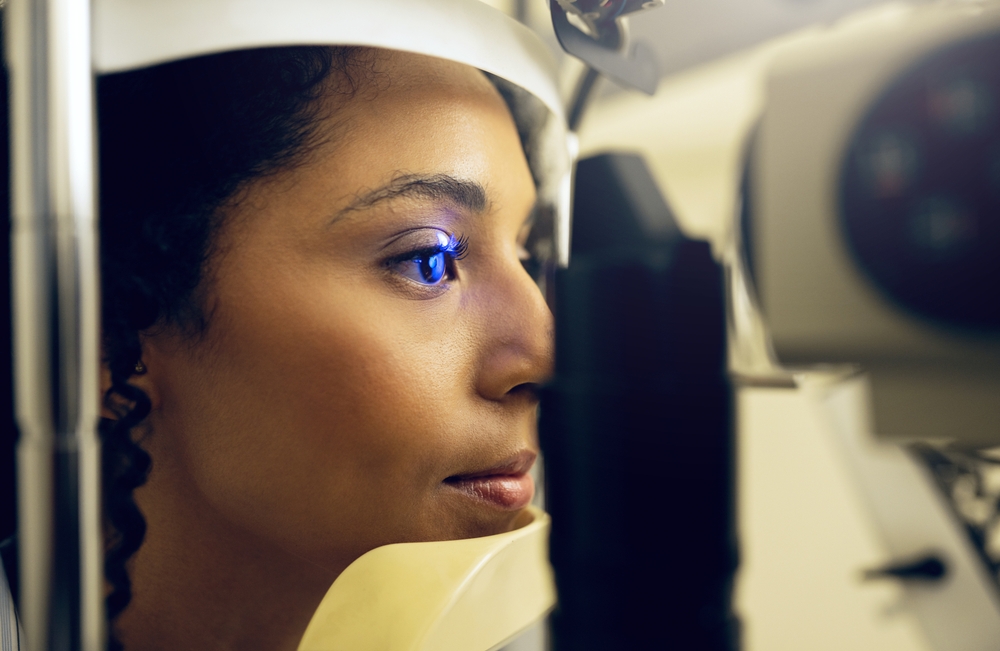
Diabetes is a chronic condition that affects millions of people worldwide, and it can have a significant impact on various aspects of your health, including your vision. When you have diabetes, your body's ability to regulate blood sugar levels is impaired, which can lead to a range of complications, including diabetic eye disease.
Diabetic eye disease encompasses a group of conditions that can damage the eyes and impair vision. These conditions include diabetic retinopathy, diabetic macular edema, cataracts, and glaucoma. Without proper management and regular eye exams, these conditions can progress and potentially lead to vision loss or even blindness.
Common Eye Conditions Associated with Diabetes
Diabetic Retinopathy: This is the most common diabetic eye disease and occurs when high blood sugar levels damage the blood vessels in the retina, the light-sensitive tissue at the back of the eye. Over time, these blood vessels can become blocked, leak, or grow abnormally, leading to vision problems.
Diabetic Macular Edema: This condition is characterized by the swelling or thickening of the macula, the part of the eye responsible for central and detailed vision. This can occur as a complication of diabetic retinopathy and can significantly impact your ability to see clearly.
Cataracts: Diabetes can cause the lens of the eye to become cloudy, resulting in blurred or distorted vision. Cataracts are more common in people with diabetes and tend to develop at an earlier age.
Glaucoma: Diabetes can increase the risk of developing glaucoma, a condition in which the optic nerve is damaged, leading to vision loss.
The Importance of Regular Eye Exams for Early Detection and Intervention
Regular eye exams are crucial for individuals with diabetes, as they allow your eye doctor to detect and monitor any changes in your eye health. Early detection of diabetic eye disease is essential, as it can often be treated or managed effectively if caught early. By addressing these conditions promptly, you can minimize the risk of vision loss and maintain your overall eye health.
How Often Should Diabetics Get Eye Exams?
The recommended frequency of eye exams for individuals with diabetes varies depending on several factors, including the duration of your diabetes, the presence of any existing eye conditions, and the overall control of your blood sugar levels.
According to the American Diabetes Association (ADA), the general recommendation is for individuals with diabetes to have a comprehensive eye exam:
• At the time of diabetes diagnosis: This initial exam establishes a baseline for your eye health and allows your eye care professional to identify any existing conditions.
• At least once a year: After the initial exam, it is recommended that you have a comprehensive eye exam at least once a year, even if you have no vision problems. This regular monitoring is crucial for the early detection and management of any diabetic eye disease.
• More frequent exams: If you have any signs or symptoms of diabetic eye disease, or if your eye care professional recommends more frequent exams, it is essential to follow their guidance. Factors such as the duration of your diabetes, the presence of other health conditions, and the control of your blood sugar levels may necessitate more frequent eye exams.
The Role of an Optometrist in Managing Diabetic Eye Health
Your optometrist plays a crucial role in managing your diabetic eye health. They are trained to detect, diagnose, and monitor any changes in your eye health, and they can provide tailored recommendations for the frequency of your eye exams. During your comprehensive eye exam, your optometrist will perform a series of tests and assessments to evaluate the health of your eyes, including:
· Measuring your visual acuity
· Examining the internal and external structures of your eyes
· Checking for signs of diabetic eye disease, such as diabetic retinopathy or macular edema
· Measuring your eye pressure to screen for glaucoma
· Discussing your overall health, including your diabetes management and any other relevant medical conditions
Based on the findings of your eye exam, your optometrist can provide personalized recommendations for the frequency of your future eye exams, as well as any necessary treatment or management strategies to maintain your eye health.
Book Your Comprehensive Eye Exam with Marana Eye Care Today
Maintaining your eye health is an essential aspect of managing your diabetes. By following the recommended frequency of eye exams and working closely with your eye care professional, you can take proactive steps to detect and address any diabetic eye disease early on, reducing the risk of vision loss and preserving your overall quality of life.











